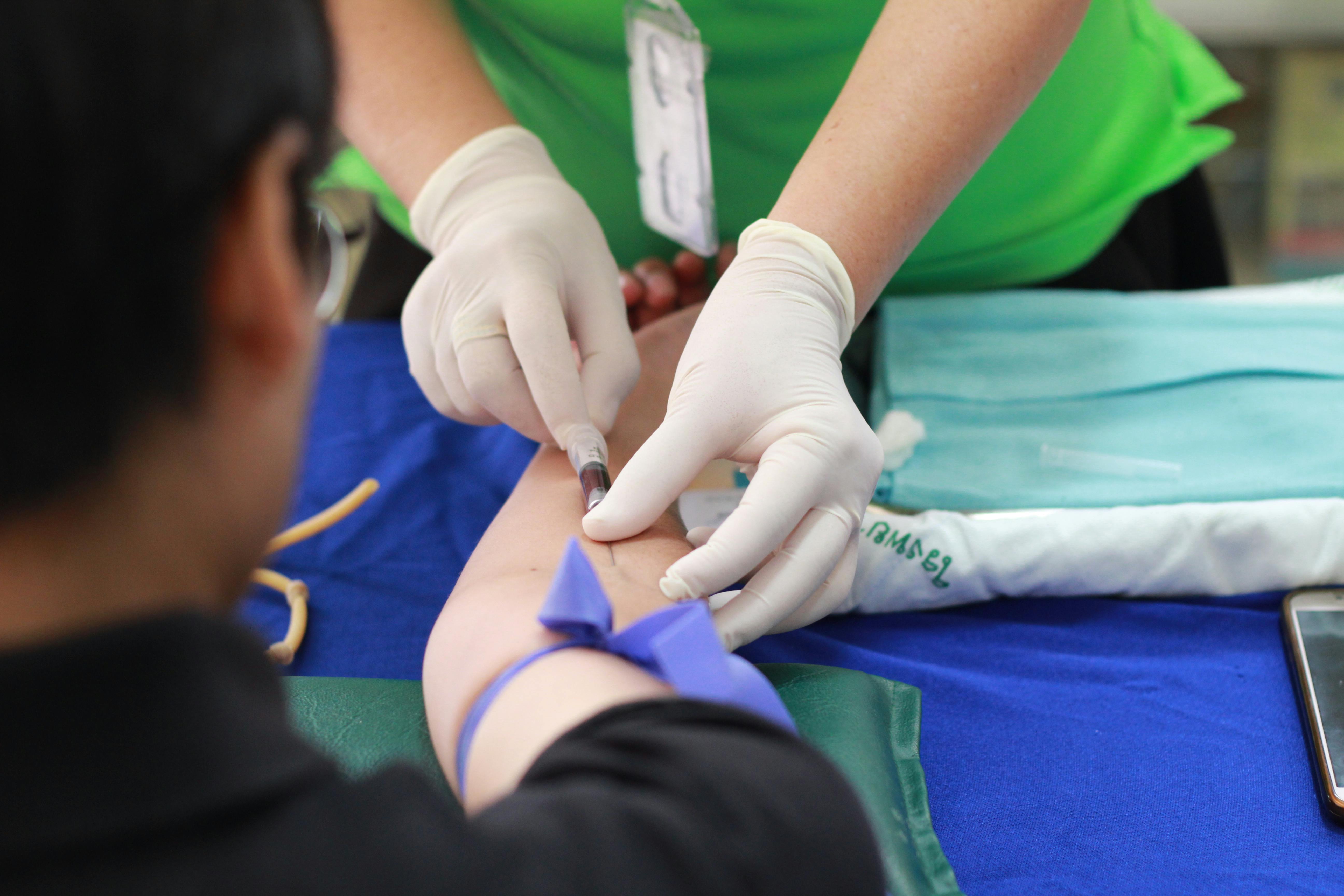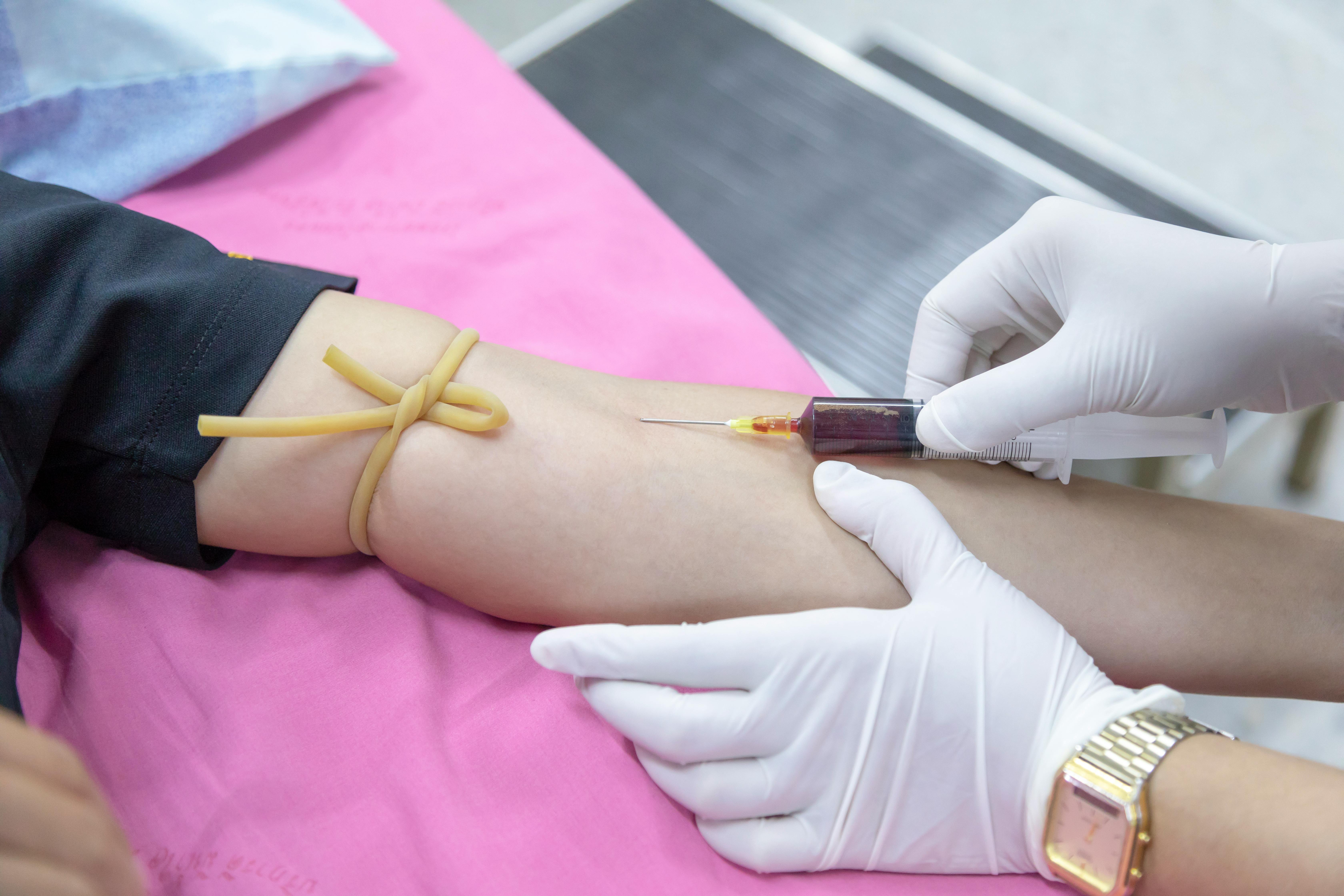The idea of diagnosing mental illness with a simple blood test feels like something out of science fiction — but researchers are getting closer to making it a reality. While traditional psychiatric evaluations rely on interviews and behavioral observations, scientists are exploring biological markers that could one day help identify mental health conditions more objectively.
Exploring the Science of Biomarkers
Biomarkers are measurable substances in the body, such as hormones or proteins, that may help identify disease. In mental health research, scientists are investigating biomarkers linked to conditions like depression, bipolar disorder, and schizophrenia, hoping for faster and more objective diagnoses in the future.

Why Mental Health Is Hard to Measure
Mental illnesses involve complex combinations of biological, psychological, and environmental factors. That makes finding a single, reliable blood marker extremely challenging. Experts warn that no current test can replace a full mental health evaluation done by trained professionals.
Considering the Risks and Ethics
Introducing blood tests for mental illness could help reduce stigma, framing these conditions as medical issues. However, it also raises concerns about misuse, discrimination, and privacy. Careful policies and protections would be crucial before bringing such tools into routine practice.
Support, Not Substitution
Even if a blood-based test becomes available, mental health professionals stress it should only support — not replace — traditional diagnosis. Human empathy, context, and conversation will remain vital for understanding a person’s mental state beyond what a test can measure.

Where the Future May Lead
While progress is exciting, reliable blood tests for mental illness will take years of further study. In the meantime, improving access to therapy, encouraging honest conversations, and strengthening support systems are still the best ways to protect mental wellness.